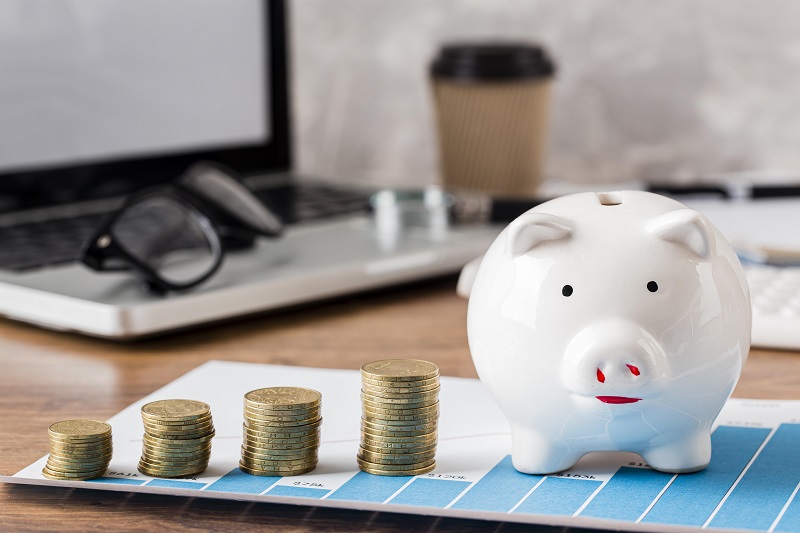The Buyt Desk
Emergency fund refers to the amount of money you can set aside to successfully meet unforeseen, urgent, and real emergencies that can’t be dealt with insurance plans or other ways. You should have an emergency fund for supporting you in unplanned and unexpected situations like medical emergencies, temporary job loss, or sudden travel for dealing with family emergencies.
Apply a Figure to the Contingency
Starters must keep a minimum of 3-6 months’ worth of basic living expenses as emergency funds. After some time, you can increase this figure to 6-12 months’ worth of expenses.
Wondering how to determine your appropriate monthly living and non-negotiable spending? The following is the approach you can follow.
-
Initiate with important ones like rent and/or home loan EMI, utilities, transportation or fuel costs, food, and non-food consumables, school fee, healthcare investments, salaries for support staff, and other load EMIs. You may also wish to consider significant annual expenses like insurance premiums.
-
Remaining non-essential but frequently done expenses on vacations, eating out, entertainment, and other things are not the categories you invest an amount on during emergencies. Therefore, those can be simply left out for starters. The purpose is to emphasize just common important and inevitable spending.
Hopefully, now you would have understood that your living spending is different from what your friends or colleagues experience. Thus, just because a friend takes out INR 2 lakh for emergencies, this doesn’t shows that the same amount of money is enough for you.
This is important for you to determine what is perfect for you. Other than the things mentioned in the above points, there are some more things you can consider. These are listed below points.
-
Are you and your life partner both employed or you are the only earning member in your family?
-
Does your job profile belong to a high-risk industry and how strong it is stable?
-
What total number of dependents do you have?
-
What is the total number of occasional dependents you have in your extended family, who need your support to meet financial emergencies?
-
Would you like to have an extra buffer to keep on saving for your crucial goals including children’s education, retirement, and others in times of emergencies?
At the bottom line, thumb rules like “save 6 months’ worth of expenses” are considered perfect to start with. However, for a highly secure future, you will have to keep on saving further. In certain cases, saving 6 months’ worth of expenses may not prove sufficient.
Let us assume that you are planning to quit your job and thinking of starting a new business, you may require keeping aside enough amount of money for some years. At this time, just having 6 months’ worth of expenses would not make you feel safe.
In today’s world, credit cards are also preferred to meet emergencies. Credit cards can be used to tide over your short-term emergencies. Remember that, ultimately, you will have to look for the funds and pay again. Hence, a credit card is not the right alternative for an emergency fund.
Don’t know how to save a huge amount to quickly meet emergencies?
Save your emergency funds gradually using your monthly savings. You can even use your bonus to top it up irregularly. Whenever some amounts are frozen in the bad investment simply exit them. Now, use the proceeds to increase the emergency fund.
Where to Store Emergency Funds?
Conservative people should stick to their FDs (fixed deposits). Alternatively, they can keep a small section of their savings account and get Flexi-FDs, which have identical liquidity to a savings account but deliver FD-like returns.
Less conservative people can consider a blend of debt funds and FDs.
Emergency fund size is dynamic. Thus, review it annually. Save more when you need a large amount due to changes in situations. Replenish the fund for emergencies as soon as possible. You can do this regularly through monthly savings or by using your yearly bonus partially.







